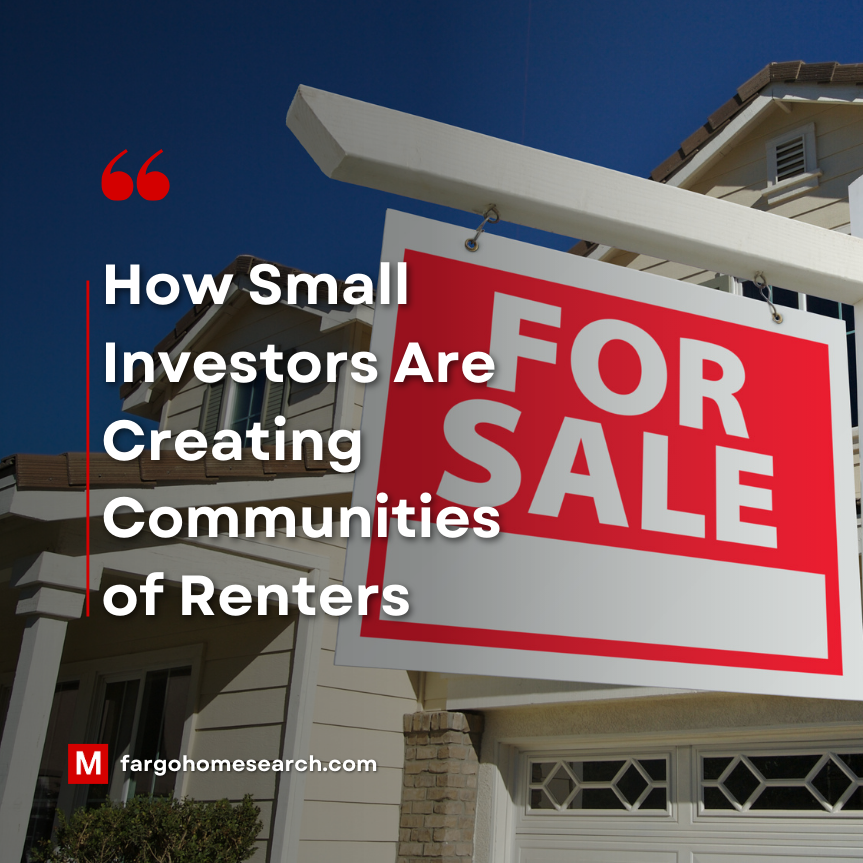How the Great Recession Still Shapes Generation Z in 2025
The Great Recession of 2008 left a lasting mark on the U.S. economy—and on the generation that came of age in its aftermath. Generation Z, born between the late 1990s and early 2010s, entered adulthood shadowed by recession-era fallout. Now, in 2025, those early experiences still shape their views on money, career paths, and housing decisions. In particular, Gen Z continues to face barriers in the real estate market, labor force, and financial planning.
What Was the Great Recession? A Quick Recap
Triggered by the housing market collapse, the Great Recession led to massive job losses, a plummeting stock market, and widespread financial insecurity. Unemployment peaked at 10% in 2009, and the S&P/Case-Shiller Home Price Index dropped nearly 30% from its 2006 high. Many Gen Z children watched parents lose jobs, homes, or savings—formative experiences that still influence their cautious approach to risk today.
Real Estate in 2025: A Wall, Not a Window
While home prices have surged 58% since their 2012 low, affordability has worsened. According to Q1 2025 data, the median U.S. home price stands at $420,000. For Gen Z, saving the $84,000 needed for a 20% down payment is often out of reach. Student debt (averaging $30,000 per borrower) and elevated mortgage rates (6.8% for a 30-year fixed) compound the challenge.
Even renting is expensive: median rent hovers near $2,000/month in many metros, limiting Gen Z’s ability to save or invest. Institutional investors now account for nearly 1 in 5 home purchases, increasing competition for younger, first-time buyers.
Key Housing Trends Since 2008
- Home Prices: Recovered from 2012 and rose 58% by 2025.
- Wage Growth: Up just 22% since 2012 (adjusted for inflation).
- Mortgage Rate Volatility: From 3.5% lows in 2020 to 6.8% in 2025.
- Low Inventory: 3.2 months of housing supply in 2025 vs. 5–6 months for balance.
- Institutional Buyers: 18% of home purchases in 2024.
Financial Caution in the Labor Market
Although the unemployment rate in 2025 is just 4.1%, Gen Z faces stagnant entry-level wages ($18–$22/hour) and underemployment. Many hold multiple gigs or freelance jobs to make ends meet. Only 25% of Gen Z invests in stocks, compared to 40% of Millennials at the same age—a sign of deep-rooted financial caution from growing up during economic volatility.
Student Loans and the Long Road to Homeownership
With U.S. student loan debt at $1.7 trillion in 2025, financial freedom remains elusive. Average Gen Z federal loan rates have climbed to 6.8%, delaying home purchases, investments, and retirement planning. Many prioritize repaying debt over building wealth.
The Emotional Legacy: Risk Aversion and Realism
A 2024 Pew Research study found that 60% of Gen Z prioritize financial stability over entrepreneurship—a sharp contrast to the startup-driven Millennial mindset. Their “once bitten, twice shy” attitude affects major life choices, including homeownership, debt, and long-term financial planning.
Signs of Hope: How Gen Z is Adapting
Despite hurdles, Gen Z is adjusting with creativity. Many embrace side hustles (45% freelance or gig-based), seek affordable education options, or co-buy homes with family or friends. More are migrating to affordable regions like the Midwest, where median home prices are closer to $300,000.
What Comes Next: Support from Policy and Community
The economy is stable, with 2.3% GDP growth and 2.5% inflation forecasted in 2025. Still, Gen Z needs structural support. Policies like expanded first-time homebuyer programs, student loan reforms, and increased housing supply could help bridge the gap between aspiration and access.
Real Estate Home Services
In addition to the economic factors shaping Gen Z’s financial outlook, many are now actively exploring their options for buying, selling, and relocating through specialized real estate services. At Modern Market REALTORS®, our comprehensive real estate service hub helps navigate the process with trusted guidance.
- Home Seller Services – Learn how to sell your home quickly and efficiently in today’s market.
- Home Buyer Services – Get expert support while navigating affordability and financing challenges.
- Relocation Services – Make your move smoother with personalized relocation assistance.
- Luxury Homes – Explore premium homes and investment properties curated for discerning buyers.
Whether you’re starting your journey or looking for advanced strategies, our real estate services provide a solid foundation for informed decisions.
Conclusion: A Generation Still Healing from the Past
Generation Z’s path to financial independence and homeownership remains rocky. The scars of the Great Recession still show—in housing, careers, and cautious behavior. But their adaptability, resourcefulness, and drive suggest a brighter future is possible—if supported by smart policy and responsive markets.
Real Estate Home Services
Looking for expert real estate guidance? Start with our complete guide to buying, selling, relocating, and exploring new developments in the Fargo-Moorhead area.
👉 Visit the Real Estate Home Services Hub
- Home Selling Services – Learn how to prepare, price, and market your home effectively.
🔗 Home Seller Resources - Home Buying Services – Find your dream home with expert buyer representation.
🔗 Home Buyer Resources - Relocation Services – Moving to the Fargo-Moorhead area? We make it easy.
📦 Moving Checklist - What’s New in Fargo Real Estate – Discover local neighborhoods and market trends.
🏗️ New Home Developments - Luxury Home Selling Service – High-end marketing and discreet service for premium listings.
- Transparent Pricing Promise – No surprises. No hidden fees. Just honest real estate guidance.
Visualizing the Real Estate Challenge
To better understand Gen Z’s housing challenges, view this comparison chart below, which highlights how home prices, incomes, mortgage rates, and the average age of first-time buyers have changed since 2008:



